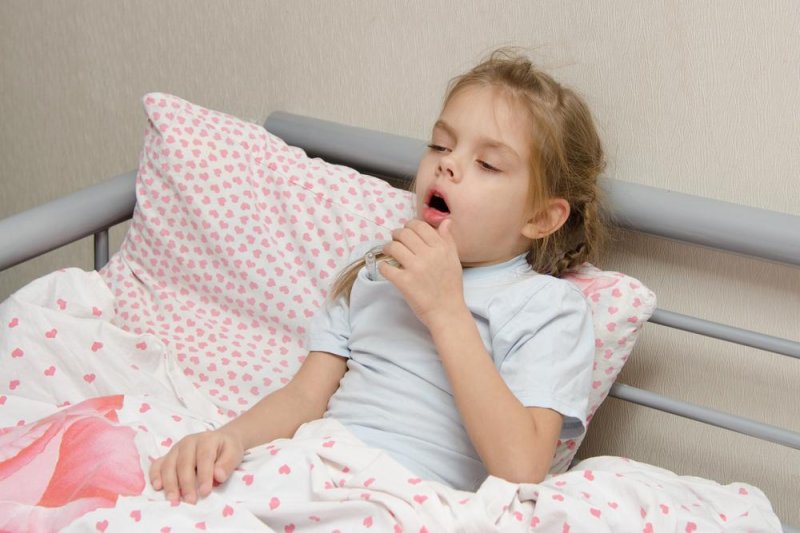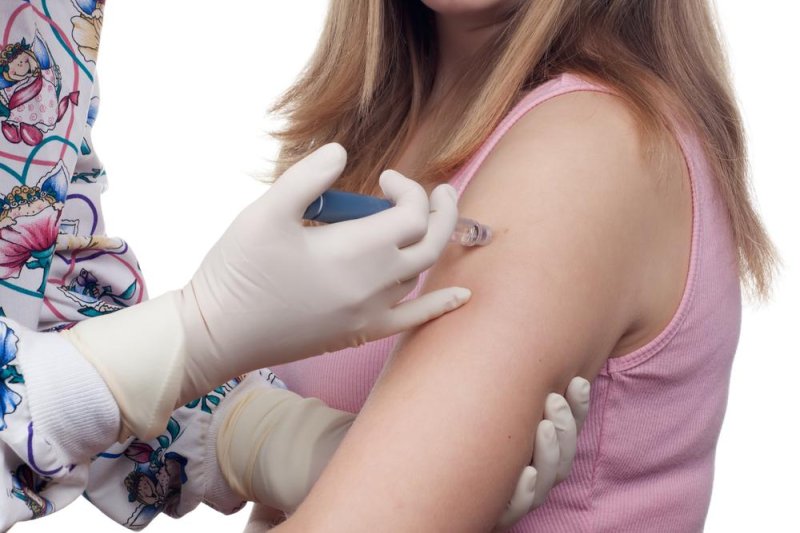Preacher
Gold Member
19 Park City Kids Get Whooping Cough. All 19 Were Vaccinated. The Edgy Truth
vaccine doesn't work but lets look at the side effects of this vaccine
Whooping Cough Vaccine Risks You Should Know
According to Barbara Loe Fisherv,
"Of all the vaccines which have been routinely used by children in the past century, the brain damaging effects of the pertussis (whooping cough) portion of DPT vaccine is among the most well documented in the scientific literature.
Created in 1912, the crude pertussis vaccine basically consisted of B. pertussis bacteria killed with heat, preserved with formaldehyde, and injected into children. In the early 1940's, aluminum was added as an adjuvant and later the mercury preservative, thimerosal, was added when pertussis was combined with diphtheria and tetanus vaccines to create DPT. Pertussis vaccine was never studied in large clinical trials before being given to children in the first half of the 20th century or after it was combined into DPT and recommended for mass use by the American Academy of Pediatrics in 1947."
Children who are particularly high-risk for brain injury or death after getting a pertussis-containing vaccine (DTaP or Tdap) include those who have suffered previous vaccine reactions, such as:
For more in-depth information on the DPT vaccine, I highly recommend reading Barbara Loe Fisher's book DPT: A Shot in the Dark, which was the first major, well documented critique of America's mass vaccination system calling for safety reforms and the right to informed consent to vaccination.
Oh lovely!
vaccine doesn't work but lets look at the side effects of this vaccine
Whooping Cough Vaccine Risks You Should Know
According to Barbara Loe Fisherv,
"Of all the vaccines which have been routinely used by children in the past century, the brain damaging effects of the pertussis (whooping cough) portion of DPT vaccine is among the most well documented in the scientific literature.
Created in 1912, the crude pertussis vaccine basically consisted of B. pertussis bacteria killed with heat, preserved with formaldehyde, and injected into children. In the early 1940's, aluminum was added as an adjuvant and later the mercury preservative, thimerosal, was added when pertussis was combined with diphtheria and tetanus vaccines to create DPT. Pertussis vaccine was never studied in large clinical trials before being given to children in the first half of the 20th century or after it was combined into DPT and recommended for mass use by the American Academy of Pediatrics in 1947."
Children who are particularly high-risk for brain injury or death after getting a pertussis-containing vaccine (DTaP or Tdap) include those who have suffered previous vaccine reactions, such as:
- High fever
- High pitched screaming or persistent crying
- Convulsions (with or without fever)
- Collapse/shock (also known as hypo-tonic/hypo-responsive episodes)
- Brain Inflammation and encephalopathy
For more in-depth information on the DPT vaccine, I highly recommend reading Barbara Loe Fisher's book DPT: A Shot in the Dark, which was the first major, well documented critique of America's mass vaccination system calling for safety reforms and the right to informed consent to vaccination.
Oh lovely!



